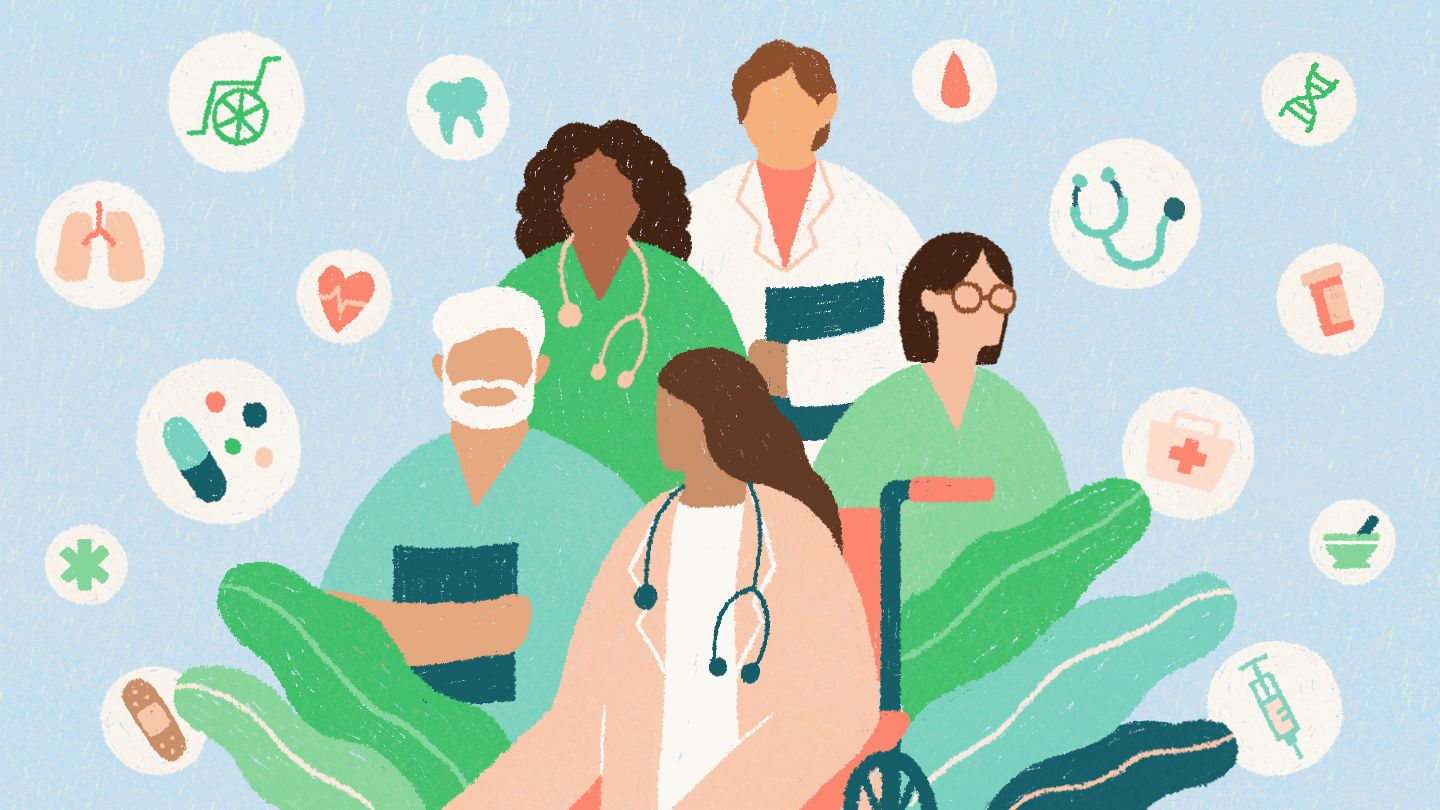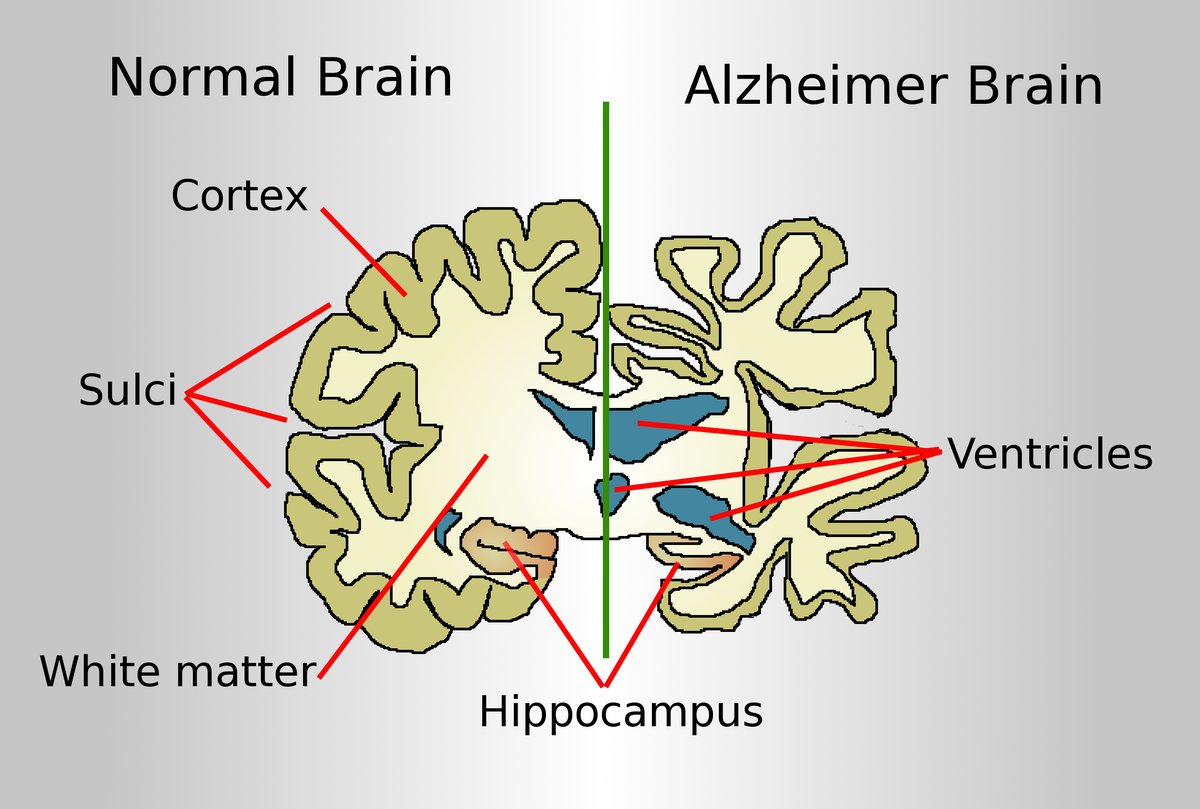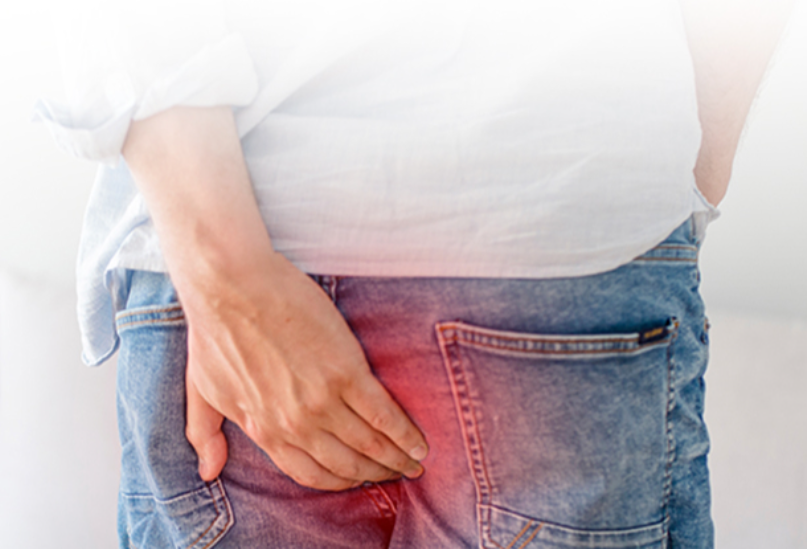Food safety tips during COVID-19
Food safety tips during COVID-19
During the 2019 Coronavirus Disease (COVID-19) pandemic, it is important to eat a healthy diet. The foods we drink versus eat affect the body’s ability to prevent, fight, and recover from viral infections.
There are no foods or dietary supplements that can prevent or treat COVID-19 infection, but a healthy diet is important to support the immune system. Good nutrition can also reduce the likelihood of other health problems, including obesity, heart disease, diabetes and certain types of cancer.
For infants, a healthy diet means exclusive breastfeeding for the first six months and adding nutritious and safe foods to supplement breast milk from six months to two years and beyond. For young children, a healthy and balanced diet is essential for growth and development. And for older adults, it helps ensure a healthier, more active life.
Suggestions for maintaining a healthy diet.
- eat a variety of foods, including fruits and vegetables
Every day, eat a variety of whole grains such as wheat, corn and rice, legumes such as lentils and pods, plenty of fresh fruits and vegetables, and some foods of animal origin (such as meat, fish, eggs and milk).
Whenever possible, choose whole grains such as unprocessed corn, millet, oats, wheat and brown rice. They are rich in valuable fiber and help keep you feeling full for a long time.
As for snacks, choose raw vegetables, fresh fruits and unsalted nuts.
- Eat less salt
Limit your salt intake to 5 grams (equivalent to one teaspoon) per day.
Use less salt when cooking and preparing foods, and use less salty sauces and condiments (such as soy sauce, stock or fish sauce).
If serving canned or dehydrated foods, choose a variety of vegetables, nuts and fruits that do not have salt or sugar added.
Remove small salt shakers from the table and try seasoning with dried fresh herbs and spices.
Check the labels on foods and choose products that are lower in sodium.
Put away Show full article
3. Eat the right amount of fat and oil
When cooking, replace butter, ghee and lard with healthier fats such as olive oil, soybean oil, sunflower oil or corn oil.
Choose white meats, such as poultry and fish, which usually contain less fat than red meats; excise the visible fat from meat and limit consumption of processed meats.
Choose low-fat or reduced-fat milk and dairy products.
Avoid processed, baked and fried foods that contain industrially produced trans fats.
Try steaming or boiling instead of frying foods when cooking.
Put away Show full text
4. Limit sugar intake
Limit the intake of sweets and sugary drinks such as carbonated beverages, fruit juices and juice drinks, liquid and powdered concentrates, flavored drinks, energy and sports drinks, ready-to-drink tea and coffee, and flavored dairy drinks.
Choose fresh fruit over desserts, such as cookies, cakes and chocolate. When choosing other desserts, make sure they are low in sugar and eaten in small amounts.
Avoid giving sugary foods to children. Salt and sugar should not be added to supplemental foods for children under two years of age and should be limited after two years of age.
Put away Show full article
5. Stay hydrated: drink enough water
Getting plenty of water is critical to maintaining optimal health. Tap water is the healthiest and cheapest drink whenever it is safe to drink. Drinking water instead of sugary drinks is an easy way to limit your intake of sugar and extra calories.
Put away Show full article
6. Avoid dangerous and harmful alcohol
Alcohol is not part of a healthy diet. Drinking alcohol does not prevent COVID-19 and can be dangerous. Frequent or excessive alcohol consumption increases the risk of direct harm and can cause long-term effects such as liver damage, cancer, heart disease and mental illness. There is no safe level of alcohol consumption to speak of.
Collapse Show Full Article
7. Breastfeeding for infants and young children
Breast milk is the ideal food for infants. It is safe, clean, and contains antibodies that help prevent many common childhood diseases. Babies should be exclusively breastfed for the first six months of life because breast milk provides all the nutrients and fluids they need.
- Starting at six months of age, breast milk should be supplemented with a variety of appropriate, safe and nutritious foods. Breastfeeding should continue when the infant is two years old or older.
Women with COVID-19 may breastfeed if they wish and should take measures to prevent and control infection. See Q&A on breastfeeding and COVID-19
Collapse Show Full Article
Food safety tips during COVID-19
There is no evidence that COVID-19 can be transmitted through contact with food or food packaging. COVID-19 is generally considered to be transmitted from person to person. However, it is important to maintain good hygiene practices when handling food so that any foodborne illnesses can be prevented.
Follow the WHO Five Keys to Safe Food.
- Keep it clean
- Separate raw from cooked
- Cook
- Keep food at a safe temperature
- Use safe water and raw materials.





